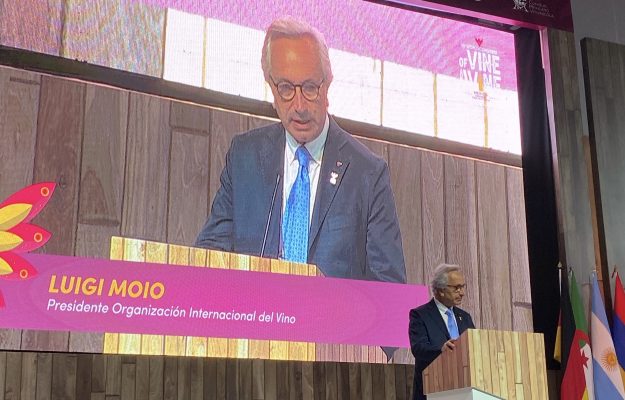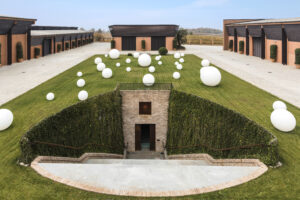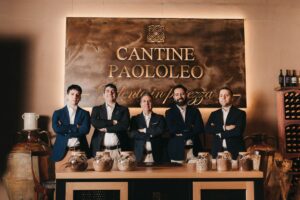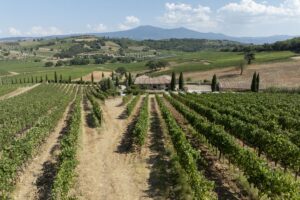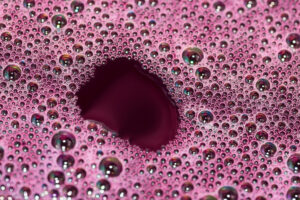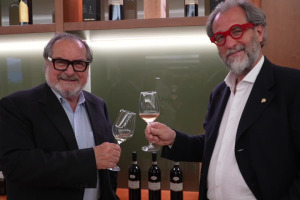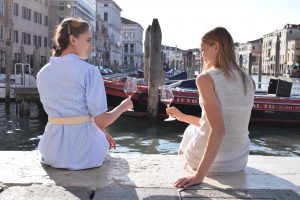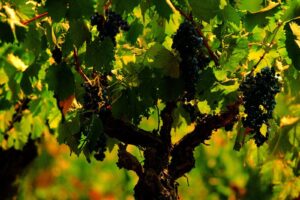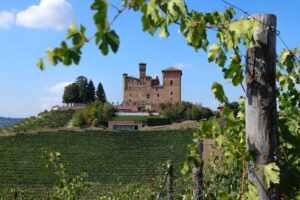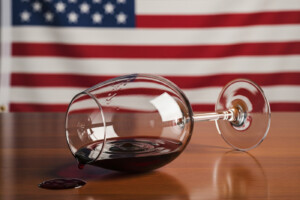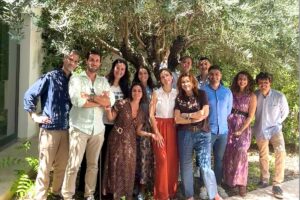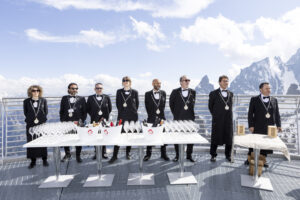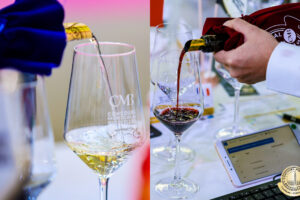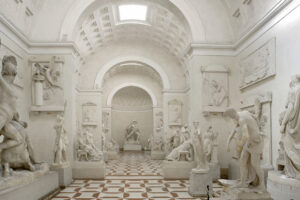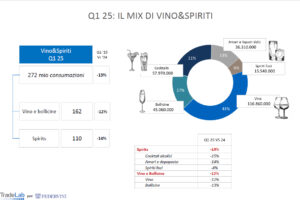Environmental sustainability, climate change, the effects of Covid-19, the unjustified attack on wine, which risks being the victim, without reason, of the war in the name of healthism more guided by ideological positions than by scientific data: these are the main arguments of the World Congress of the International Organization of Vine and Wine (Oiv) n. 43, on stage, from yesterday until November 4, in Ensenada, Mexico, a country which, as underlined by Oiv President Luigi Moio, “occupies a special place in the history of the International Organization of Vine and Wine (Oiv), since it is one of the eleven countries which, almost a century ago, in June 1924, participated in the International Conference in Paris and which gave birth to the International Wine Office at the time”.
Environment, climate, market, and health are thus: “all current issues, but very complex”, according to Moio, “that must be dealt with rigorously in an interdisciplinary comparison between experts with high and specific skills”. This is due to the fact, that “the implementation times of the strategies to combat climate change and those concerning sustainability are very long, so it is necessary to have clear and shared ideas to be effectively implemented to minimize errors that could further extend the times to make a radical change in the way we approach wine both in terms of production and consumption”. But, while climate change is not a new issue, the first Oiv resolution was issued in 2004, there is an ad hoc interdisciplinary group (Enviro), and there are already 8 other resolutions that combine sustainability and the fight against climate change, “strongly interconnected”, according to Moio, in the planetary scenario has occurred “the frightening health crisis caused by covid-19, which, obviously, also had repercussions on the production and market of wine”. The wine industry has had to deal with a wide range of situations, enough to think, for example, of the different consequences on catering and large-scale distribution. Fortunately, the world wine production system has not been disrupted or significantly limited in its efficiency, recalled Oiv president Luigi Moio. This indicates that interest in this beverage is growing, and that wine is establishing itself as a global cultural phenomenon, confirming, by definition, its clear universal vocation. There is no doubt, however, that a review of commercial strategies is required, with specific actions to be implemented to ensure that the wine market grows as the health emergency subsides. And in this, I trust a lot in the work of our economics commission with its scientific experts”.
But the crucial issue to be resolved, for the future of the sector, is those linked to a “very delicate aspect that risks damaging the image of wine up to its very dangerous de-legitimization”, Moio emphasizes. “A point that is part of a historical debate, probably without an end, which, in recent, not entirely understandable, actions, of the World Health Organization (WHO) has been linked, in a superficial and extremely simplistic way, to the word cancer. A confused and not at all clear design on which, above all in Europe, but also in many other countries of the world, a school of thought is emerging that accuses wine of being harmful to health like other alcoholic beverages. Instead, it is necessary with force, and in every location, to distinguish wine from other alcoholic beverages although there is obviously a presence of alcohol in it too. Wine, as I often remember - underlined the president Luigi Moio, who is also an oenologist, producer, and professor of enology in the Department of Agriculture of the Federico II University of Naples - is a single-ingredient product and all the components necessary to produce it are in harmony within the bunch of grapes and alcohol is naturally formed in fermentation reaching levels that are not excessively high, in fact, 85-86% of the wine content is water. As a result, it is unique as an alcoholic beverage because of how it is obtained, the strong ties with the territories of origin for which it is a formidable ambassador, the way it is consumed, in combination with meals, the culture, and the strong traditions associated with it. Obviously, abuse must be distinguished from responsible consumption. However, this is a concept that cannot be understood unless education processes for those who approach the drink are initiated. Consumption may be more correct in historically producing countries because wine and vineyards are part of a high cultural tradition. But in general, and for many other countries, it is necessary to activate training and education programs for wine that make people understand the very high cultural value of this product, supporting responsible consumption especially during meals and within a healthy lifestyle. To choose a bottle of wine to place at the center of a table, it is necessary to have precise information on the food with which to taste it and to start a series of reflections that involve: memories, geography, places, aromas, flavors, grape variety, the composition of the soils and their exposure, and many other factors that make that wine and the moment in which it is tasted unique. As a result, wine can serve as an educational medium, which is particularly interesting given that the first consequence determines the virtual removal of alcohol from the drink. These characteristics of wine set it apart from any other alcoholic beverage. “The Oiv (International Organization of Vine and Wine), as many of us know, is the result - Moio continues - of a long scientific and diplomatic history. In 2024, the 100th anniversary of its foundation will be celebrated. And since its birth, on November 29, 1924, the main mission of this important intergovernmental organization, whose character is totally scientific, has always been to defend the integrity of wine and its strong link to the infinite production territories, while preserving their diversity, and communicating its very high historical and cultural value. In light of the new scenarios that lie ahead, the International Organization of Vine and Wine, as well as all member countries, must be even more cautious and determined in protecting and safeguarding the uniqueness of wine, as a drink that symbolizes conviviality and models of healthy living, counteracting actions that can lead to its unjust and inappropriate de-legitimization”.
Copyright © 2000/2025
Contatti: info@winenews.it
Seguici anche su Twitter: @WineNewsIt
Seguici anche su Facebook: @winenewsit
Questo articolo è tratto dall'archivio di WineNews - Tutti i diritti riservati - Copyright © 2000/2025










